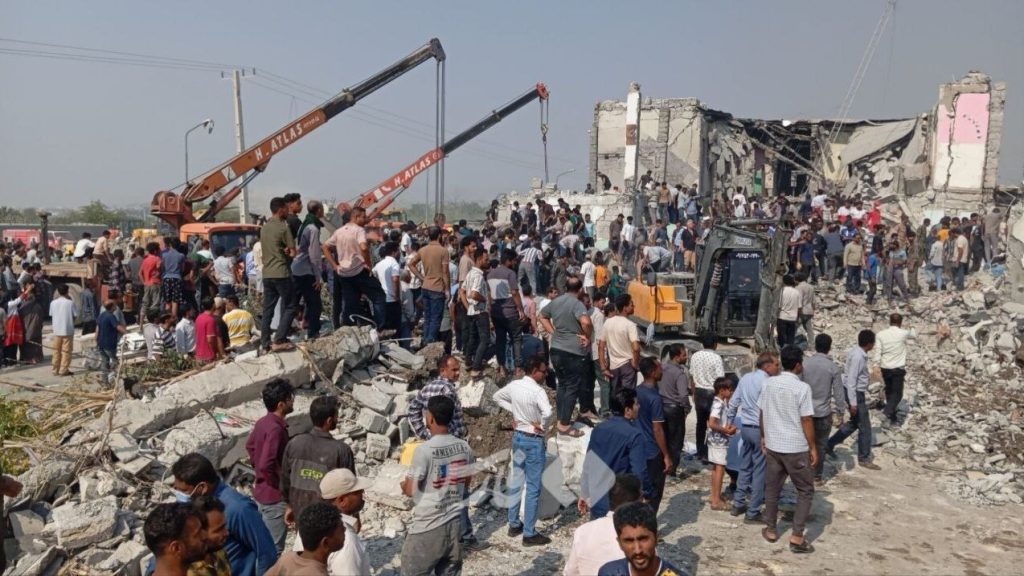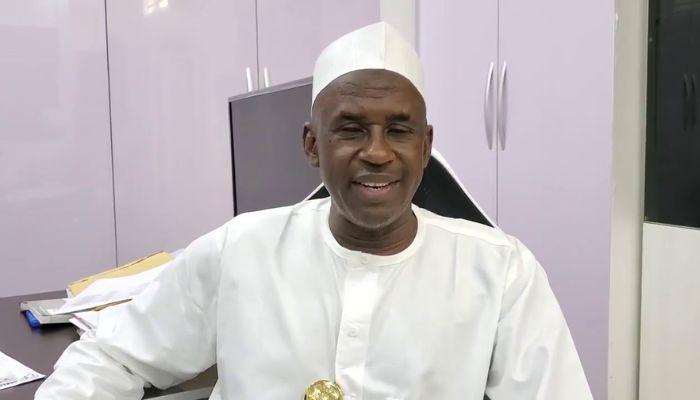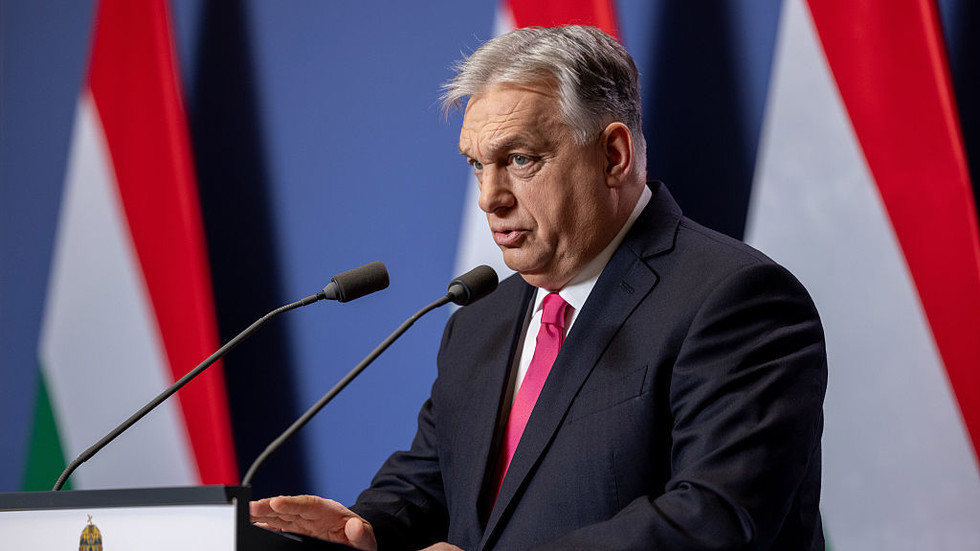A Nigerian electoral official has urged lawmakers to abandon legislative efforts mandating same-day national elections, warning such a shift risks overwhelming the country’s electoral infrastructure. The anonymous official from Nigeria’s Independent National Electoral Commission (INEC) told the News Agency of Nigeria (NAN) that consolidating presidential, parliamentary, and state-level votes into a single day could destabilize the process, despite arguments it might curb irregularities.
The proposal, embedded in a draft Electoral Act amendment passed at second reading in the House of Representatives, aligns with calls by prominent groups like The Patriots — a coalition of elder statesmen led by former Commonwealth Secretary-General Emeka Anyaoku. Advocates argue simultaneous elections would minimize voter fraud, reduce costs, and simplify logistics. However, the INEC source questioned the initiative’s practicality, emphasizing Nigeria’s unique operational challenges.
“The issue isn’t whether INEC can technically hold all elections concurrently — it’s whether this solves systemic problems,” the official stated, raising concerns legislators hadn’t consulted the commission. Under current law, presidential and National Assembly elections occur first, followed weeks later by gubernatorial and state assembly votes. Even this staggered approach strains resources: over 176,000 polling units operate nationwide, with ballots cast between 8:30 a.m. and 2:30 p.m., followed by intricate sorting, counting, and multi-tiered collation processes.
The official underscored the constitutional mandate granting INEC sole authority to set election dates, cautioning against legislative overreach. After initial votes, results travel from local wards through state offices before arriving at Abuja’s national collation center, where only the INEC chair can declare presidential outcomes. “Adding state elections to this already complex chain could derail the entire exercise,” the official said, noting logistical pressures that already delay result announcements.
Proponents of the single-day model point to countries like South Africa and India, where consolidated elections occur, but critics highlight Nigeria’s distinct challenges, including security risks, voter accessibility in remote regions, and reliance on manual tallying. The debate reflects broader tensions over electoral credibility in Africa’s most populous democracy, where past votes have faced accusations of tampering and technical failures. As lawmakers review the bill, the INEC official’s objections spotlight the balance between reform ambitions and the realities of administering polls for over 93 million registered voters.



